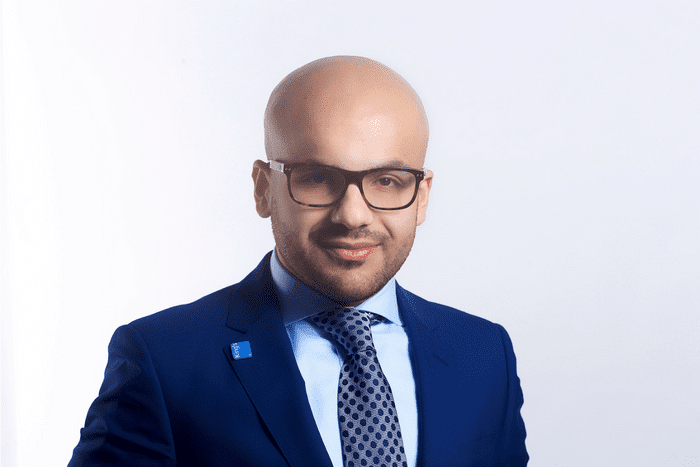During Ramadan, Muslims will fast from dawn until sunset for a period of 30 days. For people who are taking medication, are pregnant or breastfeeding, or just have general health concerns, fasting, or sawm, often brings about a lot of questions.
Generally, fasting is not recommended to people who suffer from medical conditions, or to women who are pregnant or breastfeeding, though there can be exceptions to this rule.
Here, Dr. Ali Al-Tuckmachy from King’s College Hospital London answers your health questions about fasting during the holy month of Ramadan.

Should I fast if I have diabetes?
People with type 1 diabetes shouldn’t usually fast, but people with type 2 diabetes on insulin should be able to. Their doctor may advise adjusting the dose of their insulin, or their insulin type may need to be changed.
I get severe migraines when I don't eat and they get worse when I fast. Should I fast?
Managing migraines is possible with the right medicine and certain lifestyle changes, so you should ask your doctor for further advice before you fast.
Should you fast if you have high or low blood pressure?
People with well-controlled high blood pressure can fast, but your doctor may advise you to change your medicine to help you take tablets outside fasting times. Someone with low blood pressure who is otherwise healthy may fast, but must ensure they drink enough fluid and have enough salt.
Can I fast if I am getting a blood transfusion in hospital?
Someone receiving a blood transfusion is advised not to fast on medical grounds, though they may fast on the days when no transfusions are required.
Can I take tablets, have injections or use patches while fasting?
As a general rule of thumb, Islamic law says sick people shouldn’t fast, but you should always speak to your doctor for advice before making the decision to fast or not, especially if you are taking multiple medications at the same time.
It is also important to consider that taking tablets breaks the fast, but injections, patches, eardrops, and eyedrops don’t break the fast as they’re not considered to be food or drink – though there are differences of opinion among Muslim scholars on these issues.
Could dehydration become so bad that I have to break the fast?
Yes, you could become very dehydrated if you don’t drink enough water before the fast. Poor hydration can be made worse by weather conditions and even everyday activities like walking to work or housework. If you produce very little or no urine, feel disoriented and confused, or faint because of dehydration, you must stop fasting and have a drink of water or other fluid.
Islam doesn’t require you to make yourself ill when you fast. If a fast is broken, it will need to be compensated for by fasting at a later date.
Is fasting harmful when a woman is expecting a baby? Must pregnant women fast?
Women who are pregnant or breastfeeding do not need to fast, according to Islamic law. If, however, a pregnant woman feels strong and healthy enough to fast, especially during the early part of the pregnancy, then she may do so.
Islamic law gives women who are pregnant or breastfeeding clear permission not to fast, and to make up the missed fasts later. If she’s unable to do this, she must perform fidyah, a method of compensation for a missed act of worship, such as paying for someone to be fed.
From what age can children fast safely?
Children are required to fast when they reach puberty, but it’s a good idea to make children aware of what fasting involves and to practise fasting for a few hours at a time from the age of seven or eight.

